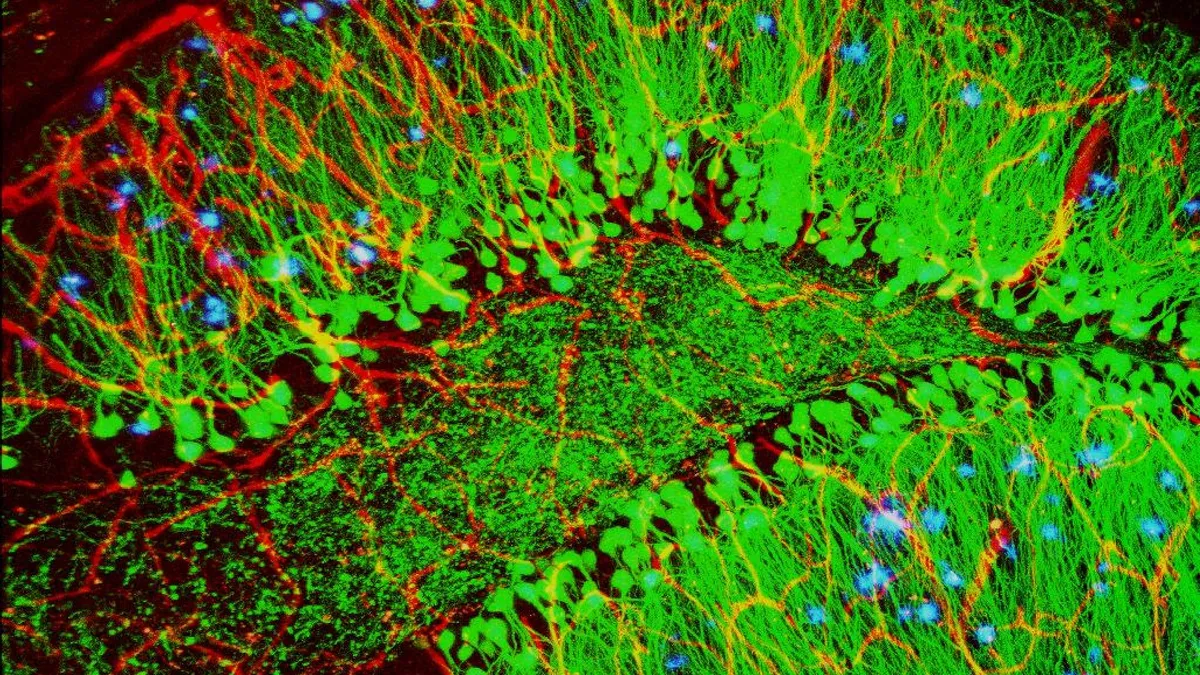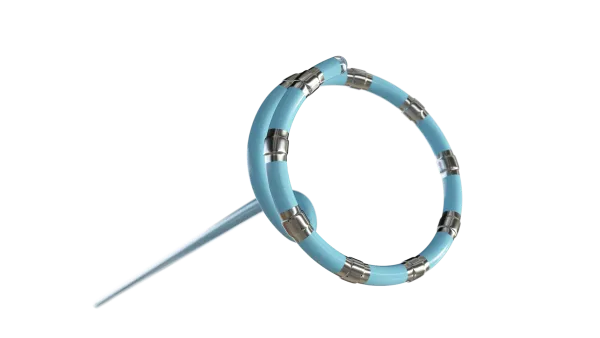Dive Brief:
-
FDA has awarded a breakthrough device designation to Fujirebio Diagnostics’ Alzheimer’s test.
-
The test is designed to support the assessment of patients with cognitive impairment by analyzing the concentrations of two forms of amyloid beta in cerebrospinal fluid (CSF).
-
Fujirebio entered into an agreement with Johnson & Johnson to create an assay for the amyloid beta-protein fragments last year to support development of atabecestat.
Dive Insight:
The need to improve the early identification of patients with Alzheimer’s disease is driving work in the diagnostic sector. Late last month, FDA awarded breakthrough designation to C2N Diagnostics’ blood test for predicting amyloid PET scan results. Now, the agency has granted the same status to Fujirebio’s Alzheimer’s test.
Fujirebio has designed the diagnostic to analyze CSF, a bodily fluid normally collected by performing a lumbar puncture. Tests of CSF historically focused on amyloid-beta 1-42 (AB42) but recent studies suggest comparing levels of the isoform to amyloid-beta 1-40 (AB40) provides better results.
Physicians can already obtain results on the AB42/AB40 ratio from CSF, for example by shipping the sample to Quest Diagnostics. Fujirebio’s advance is to perform the CSF analysis using its Lumipulse G1200, a mid-sized automated immunoassay instrument that it began selling in the U.S. in 2015. The instrument gives results within 30 minutes.
The turnaround time of tests run on Lumipulse G1200 means the AB42/AB40 in vitro diagnostic could help physicians to more quickly determine whether a patient’s cognitive decline is likely to be caused by Alzheimer’s. Physicians would need to run other tests to confirm the diagnosis.
That speed gives Fujirebio’s experimental test an advantage over existing methods for determining the AB42/AB40 ratio from CSF samples, but the diagnostic still suffers from the need to subject the patient to a lumbar punch. C2N, which also recently received a breakthrough designation, wants to cut the need for lumbar punches by screening patients for Alzheimer’s using a blood test.
Fujirebio and C2N’s tests will now both benefit from extra support from FDA as they advance toward the market. The tests are two of the more than 100 devices to receive breakthrough designations since FDA introduced the initiative in 2015.











